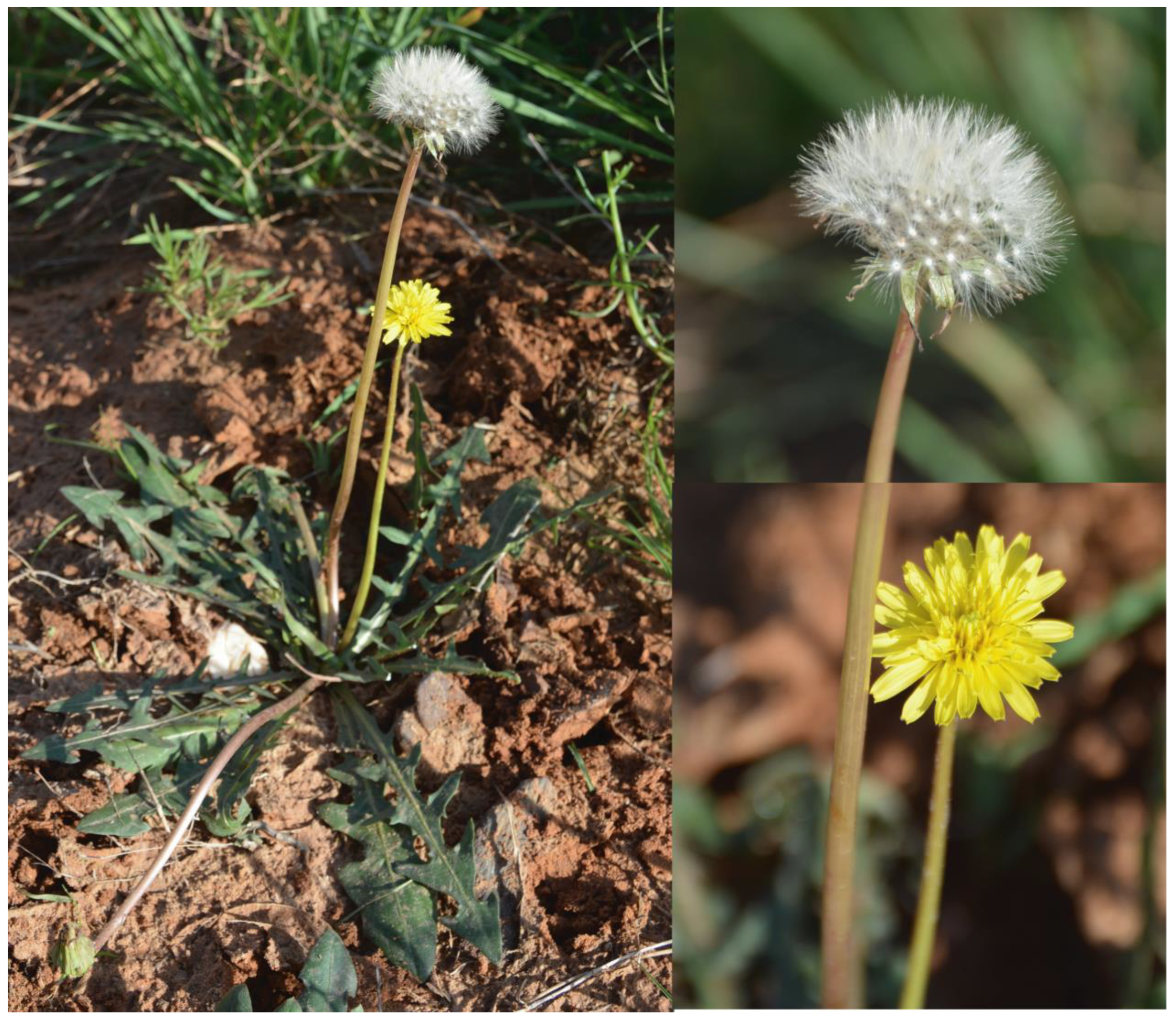المقدمة
A powerful image circulates online, claiming “Dandelion root shown to kill over 90% of colon cancer cells in less than two days.” At first glance, this statement offers a breathtaking promise of a natural cancer cure. However, while this claim is rooted in a fragment of real science, it is dangerously misleading. Understanding the vast gap between a laboratory experiment and a human cure is crucial. This article will separate the hopeful science from the harmful myths, explaining why dandelion root is not a proven cancer treatment and why believing such simplified claims can be risky.
The Kernel of Truth Behind the Claim
First and foremost, it is important to acknowledge the source of this viral statement. The claim originates from legitimate scientific research, primarily from a University of Windsor study. In this research, scientists applied a highly concentrated extract of dandelion root directly to human colon cancer cells in a petri dish. Consequently, they observed that the extract triggered a process called apoptosis, or programmed cell death, in a significant number of these cells within a 48-hour window. Therefore, the core finding of the study is factual—but only within the extremely specific and controlled conditions of a laboratory.
The Critical Caveats: Why the Lab Isn’t a Human Body
This is the most vital point to understand: a petri dish is not a person. The leap from “in vitro” (in glass) to “in vivo” (in a living body) is one of the biggest challenges in medical science.
In a lab, scientists can apply a pure, concentrated substance directly to cancer cells. Conversely, inside the human body, that same substance must survive the digestive system, enter the bloodstream, reach the tumor site at a high enough concentration, and kill cancer cells without harming healthy ones. Unfortunately, most compounds that successfully kill cells in a dish fail at one or more of these steps in a human. As a result, while the dandelion root extract is a fascinating subject for further research, it is not a validated treatment.
The “Dandelion Root” in the Study Isn’t in Your Tea
Furthermore, the “dandelion root” used in the study is not what you can find in your backyard or a health food store. The researchers used a meticulously prepared, standardized laboratory extract. This extract was designed to have a specific and powerful concentration of active compounds.
On the other hand, brewing tea from dandelion roots you dig up or taking an unregulated supplement provides an unknown and likely much weaker dose. Therefore, assuming that a daily cup of dandelion tea will have the same effect as the laboratory extract is a serious and potentially dangerous misconception.
The Real-World Dangers of Believing the Hype
Why is such a “hopeful” message so dangerous? The problem lies in the real-world actions it can inspire.
Primarily, such claims can create false hope and lead individuals to delay or replace proven, evidence-based cancer treatments like chemotherapy, radiation, or surgery. For instance, a patient might choose to drink dandelion tea instead of undergoing a recommended course of chemotherapy. This delay can allow the cancer to grow and spread to a more advanced, less treatable stage.
Additionally, dandelion can interact negatively with conventional treatments. For example, because dandelion acts as a diuretic, it could potentially interfere with how the body processes certain chemotherapy drugs. This interference might either reduce the drug’s effectiveness or increase its toxicity. For this reason, cancer patients must consult their oncologist before using any supplement, including dandelion.
A Hopeful Future, But a Clear-Eyed Present
So, where does the science truly stand? Researchers like Dr. Caroline Hamm in Canada are actively investigating dandelion root extract. Their work is promising and has led to early-phase clinical trials designed primarily to assess safety in humans. However, these are not large-scale trials to prove it cures cancer. The scientific community is proceeding with cautious optimism, recognizing the need for many more years of rigorous study.
In the meantime, it is perfectly healthy to enjoy dandelion greens in a salad or a cup of dandelion tea as part of a nutritious diet. Dandelion is rich in vitamins and antioxidants. However, it is critical to view it as a food, not a medicine.
الخاتمة
In conclusion, the viral image claiming dandelion root kills cancer cells tells a very small part of a much larger and more complex story. While the initial laboratory research is a valid starting point for scientific inquiry, it is a long way from a human cure. The claim is misleading because it ignores the fundamental differences between lab results and human biology, the specific nature of the extract used, and the potential for real harm. When it comes to cancer, the safest path is always to rely on the guidance of medical professionals and treatments that have been proven effective through rigorous clinical trials. Ultimately, hope in science is essential, but it must be paired with clear-eyed critical thinking.
A Final, Friendly Thought
Navigating health information, especially online, can feel overwhelming. It’s completely natural to grasp onto hopeful stories and simple solutions. We all want a gentle, natural answer to something as tough as cancer.
So, let’s reframe the takeaway: Let’s be curious, not just hopeful.
The real power isn’t in any single plant, but in the powerful combination of science and your own advocacy. The next time you see a bold claim, you now have the tools to ask the right questions: Was this in people, or in a lab? Is this a treatment, or just a starting point for research?
Your health, and the health of those you love, is worth that extra moment of questioning. The most powerful step you can take is to be an engaged partner with your healthcare team. Talk to them openly, ask them questions, and always, always keep them informed about anything you are considering.
Take care of yourself and each other. You’ve got this.
Stay Connected:
Follow for more: https://www.instagram.com/cosetteawad.author
https://www.instagram.com/executivewomen_
Like us: https://www.facebook.com/ExecutiveWomen
Read more articles: https://executive-women.global/en/its-okay-to-not-be-okay/











